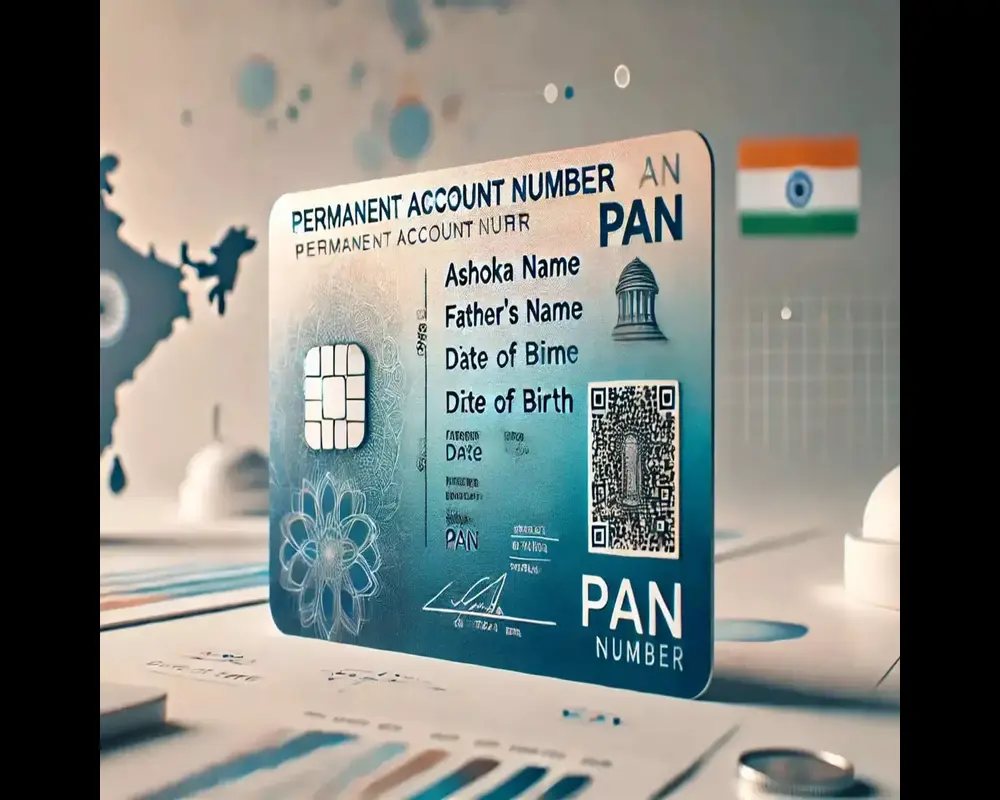1. Income Tax Department of India
The Permanent Account Number (PAN) is issued by the Income Tax Department of India through its authorized agencies. It is a unique 10-digit alphanumeric code used to track financial transactions and tax obligations of individuals and entities.
The PAN is essential for parties involved in land transactions, as it is:
- Mandatory for property transactions exceeding ₹10 lakh
- Required for deducting or claiming TDS
- Used for filing income tax returns and financial verification
2. Processing Through NSDL or UTIITSL
The PAN is issued by the Income Tax Department, but applications are processed by two official intermediaries:
- Protean eGov Technologies Limited (formerly NSDL e-Gov)
- UTI Infrastructure Technology and Services Limited (UTIITSL)
These agencies operate through PAN centers, online portals, and authorized agents across India and abroad, allowing applicants to:
- Submit Form 49A (for residents) or Form 49AA (for non-residents)
- Provide identity and address proof documents
- Track PAN application status and download e-PAN once issued
3. PAN for Individuals and Entities
PANs are issued to a wide range of applicants involved in transactions:
- Individuals, including buyers and sellers
- Firms, LLPs, companies, and HUFs (Hindu Undivided Families)
- NRIs and foreign entities, using Form 49AA and overseas documents
- Government bodies and trusts, using designated formats
Each PAN is unique to the entity and is linked to financial records, including land sale and purchase transactions.
4. PAN Verification by Transaction Counterparties
In property transactions, the buyer and seller are both required to:
- Provide their PANs on sale agreements, Form 26QB, and registration documents
- Verify each other’s PANs using the online PAN verification facility on the Income Tax Department’s portal
- Ensure correct PAN entry to avoid errors in TDS, tax filing, or property registration
Verification helps in preventing fraud and identity misrepresentation in high-value deals.




